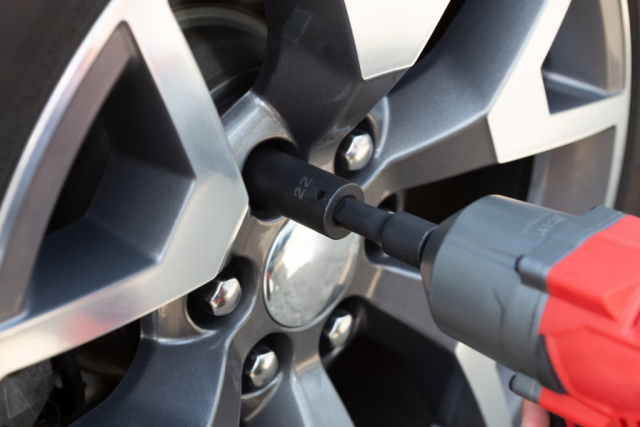Safety and Money-Saving Come from these Tips
This article may contain affiliate links.
Buying a car is a significant investment that needs proper planning for its maintenance work. That’s what will help the auto remain in top shape and give you complete, safe and trouble-free rides. Regularly visit an auto shop and learn the basic car care practices. Ensuring safe driving also saves you from costly repairs down the road. Here are crucial tips to consider for a sound car maintenance routine.
Brake Inspection
Keep your brake system in the best shape by regularly having it checked by a mechanic. They’ll check the hydraulic fluid condition and possible leaks. In your daily rides, quickly notice any grinding or squeaking indicative of a brake system problem. This includes when the brake pedal feels softer than usual. Since the brake pads wear over time, have them checked and new ones fitted when the thickness is below the recommended threshold. You reduce the chances of falling into major auto repair incidences due to brake failures.
Depending on your vehicle type, the repairs and maintenance needs will differ. To get the best assistance, look for repair service providers who major in your car type. It makes them effective in doing diagnostic tests and offering solutions. For instance, if you have a BMW, the replacement brake components need to be specific to the make or model. If you’re looking for the best Brisbane BMW auto shop, concentrate on how experienced they are. They will also need to have skillful staff who will go beyond doing the repairs. They will be able to guide you on the best fix for a BMW based on your model.
Tire Care
The friction between the tires and the ground must be optimal to prevent any skids. This promotes your safety, especially when the roads are slippery, like during rainy and snowy days. Be active in checking the pressure of your tires to ensure they aren’t underinflated at any time.
Put in place a schedule that you’ll use in rotating the tires. This could be after every oil change you make. It helps the four wheels to wear out evenly while maximizing the lifespan of each. Remember to also do some random checks on the tires’ physical condition. Look for any bulges or cuts and make the necessary replacements.
Regular Oil Changes
The engine, being the heart of your vehicle, needs to be in optimal condition. You can achieve this by ensuring excellent oil levels and chemical properties. It ensures there is perfect lubrication of the moving parts, curbing any chances of friction and wear.
With time, oil tends to degrade, making it lose its efficacy, and this is where an oil change comes in. Follow the vehicle’s manual on the best interval to work with. While the general rule changes after every 3,000 to 5,000 miles, you want to get the specific details from the manufacturer to ensure optimal performance.
critical car maintenace
Fluid Checks
From the engine coolant to the transmission fluid, a car depends heavily on the efficacy of fluids. The best practice to keep them in top form is having them topped up when their levels reduce. Have a habit of checking the fluid levels, especially when about to embark on a long journey. This prevents lubrication and overheating issues, negatively affecting the vehicle’s performance. Speak with the mechanic about the best brands of fluids to use for your vehicle.
Keeping a functional car calls for dedication to critical maintenance work. You must keep evaluating your car’s different systems to confirm they’re running normally. Work closely with auto repair centers for inspection works and timely repairs. Such efforts will prevent expensive repairs and headaches over time.
The post Critical Car Maintenance Tips for a Trouble-Free Ride first appeared on Clean Fleet Report.







